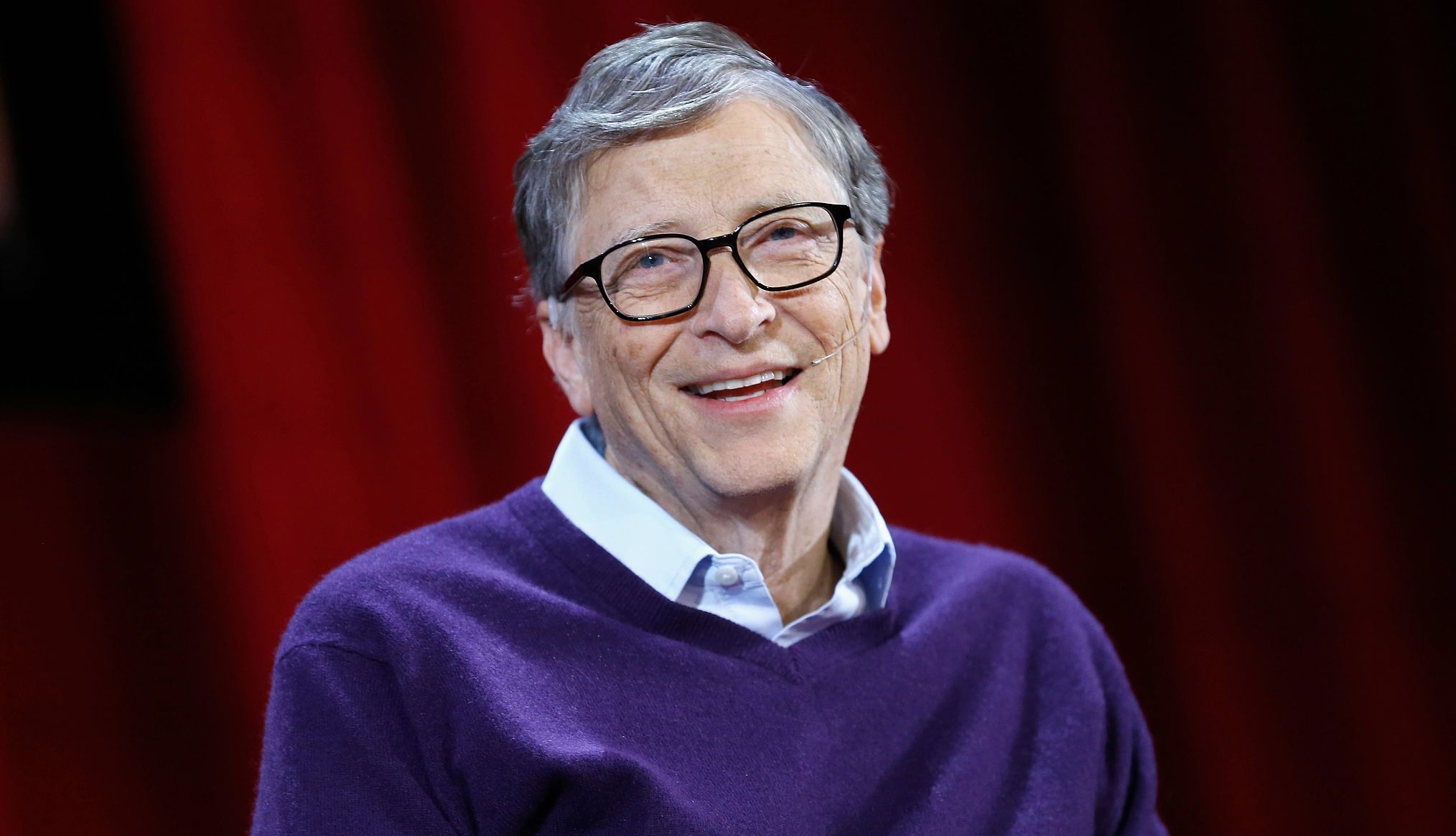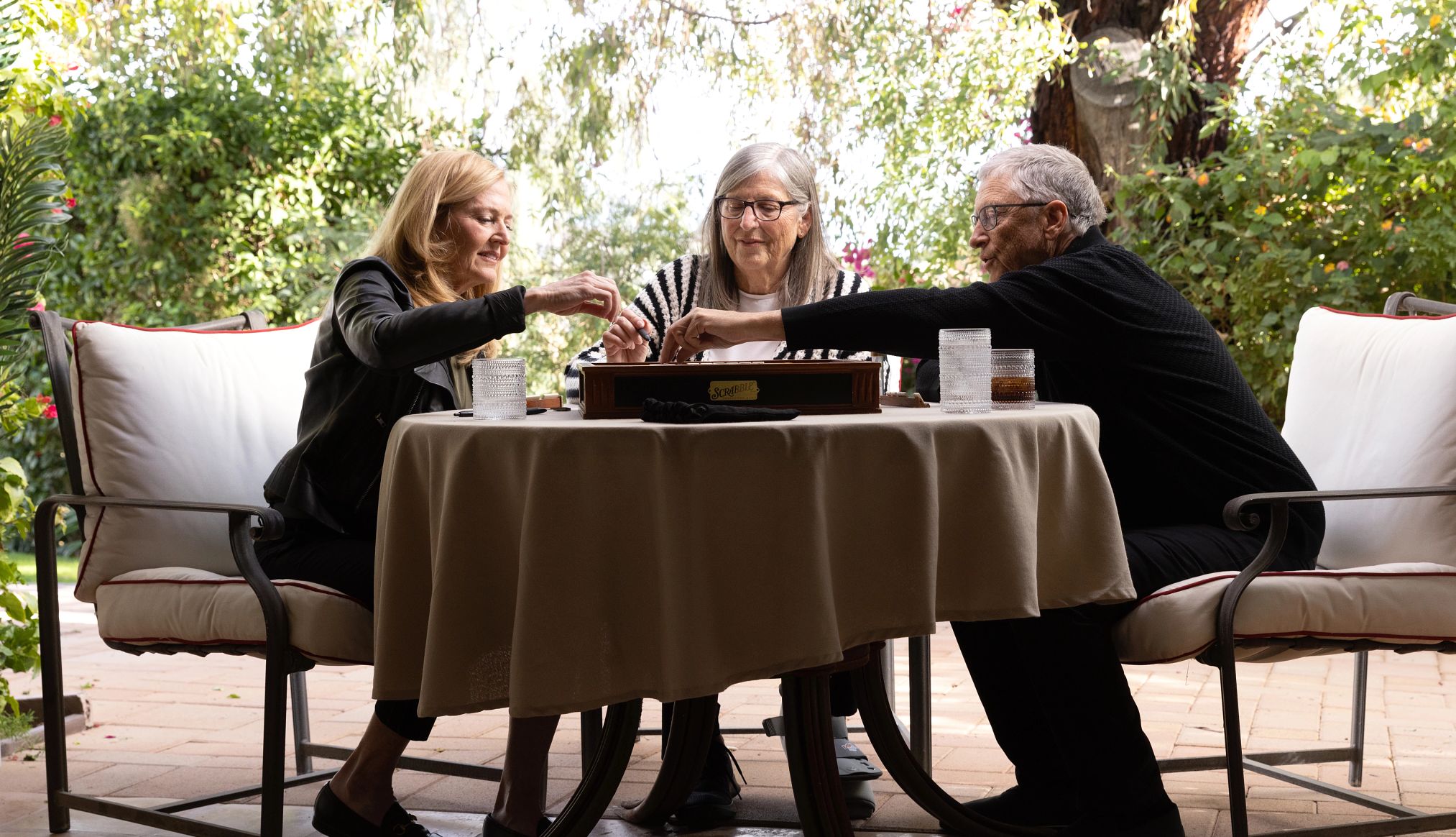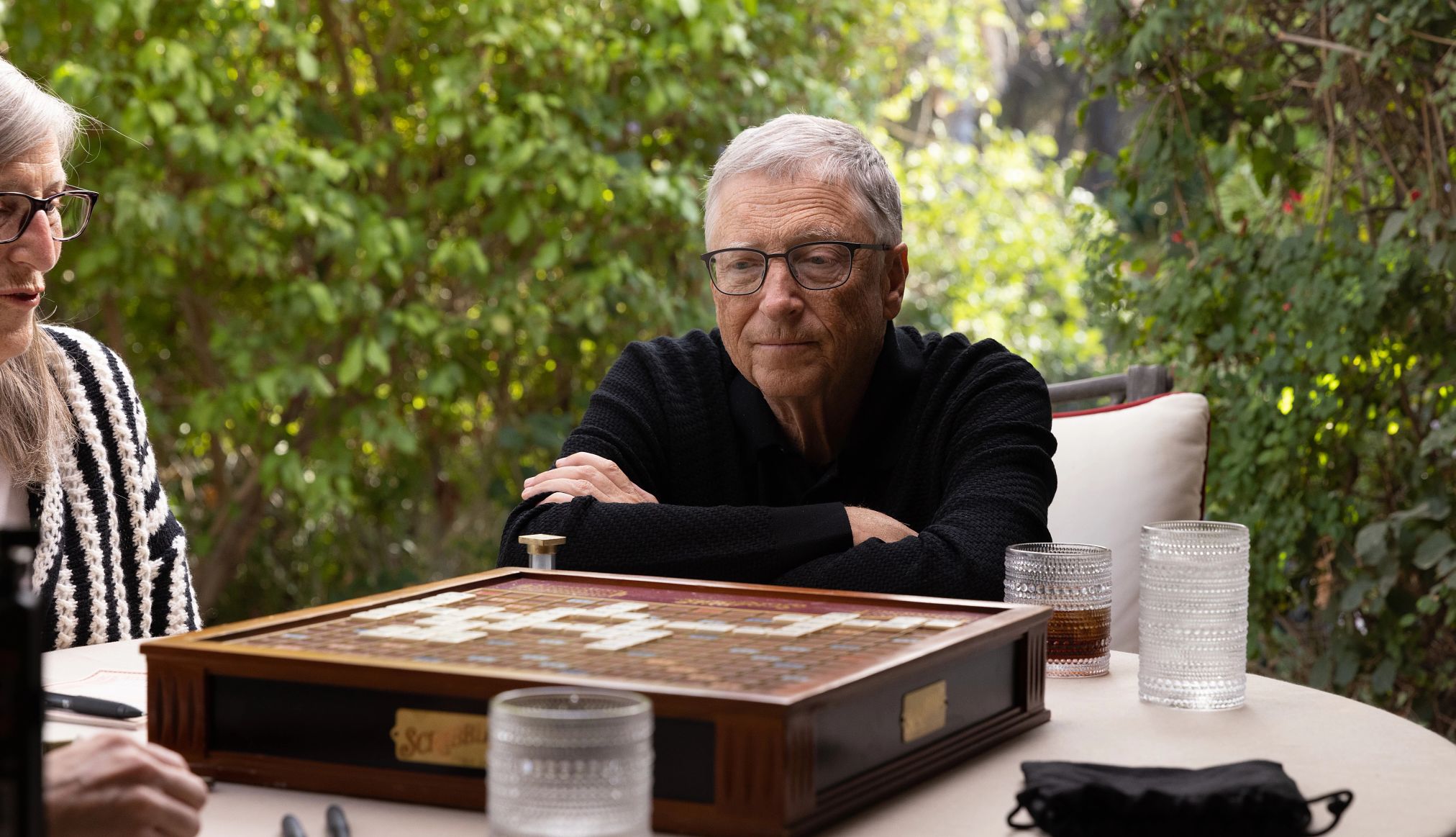AARP Hearing Center


In the documentary What’s Next? The Future With Bill Gates (Netflix, Sept. 18), directed by Oscar winner Morgan Neville, 56, the billionaire philanthropist talks with everyone from Anthony Fauci to Lady Gaga about how tech is about to transform lives — and make the lives of older people longer and better. Gates, 68, told AARP what to expect from his show — and the future.
Will artificial intelligence (AI) have an impact on improving the health of folks over 50?
Oh, fantastic, and AI is improving rapidly. As you get older, you think about those things more. I’d encourage your readers, when they get an MRI or a medical bill, feed it into even today’s AIs. I know a lot about health terminology, but when I got an MRI, even I said, “Oh, that’s what that means.” That’s very typical for people my age. In the future, the AI will essentially participate in your session with the doctor, summarize those meetings, and you can go back and ask questions, and share with your relatives — “Here’s what he said about my neurological diagnostic, what do you think?” So [AI’s impact on] health is so phenomenal, including accelerating research on new cures.
The pandemic scared people about the future. But does the battle you’ve joined against malaria, which killed an estimated 50-60 billion of the 117 billion people ever born, suggest there’s hope?
The progress of humanity is actually fantastic. The average lifespan continues to go up. Leisure hours go up. The number of kids who died every year at the turn of the century was 10 million; now it’s less than 5 million. Progress [against] malaria and polio are part of that. Not only will we get polio done, but we have a good chance of getting malaria done as well. It’s pretty magic. You really wouldn’t want to turn the clock back.


Is this the best time in history to turn 50 or older?
Oh, certainly, by a long shot. Twenty years from now will be even better. I spent yesterday meeting with Alzheimer’s researchers at Indiana University and Eli Lilly, and AARP is a great partner in the Alzheimer’s work I do in funding diagnostic stuff that’s looking very promising. These new medicines, particularly if we figure out how to use them early on, are very promising. I saw my dad face Alzheimer’s, and there is hope that there’ll be less people having to go through that.

































































More From AARP
Bill Gates Reveals His Hopes for the Next Generation
He reflects on the wisdom that comes with age and why he isn’t ready to retire
AARP Smart Guide to Keeping Your Memory Sharp
22 science-backed ways to growing a healthier, happier brain, now and in the future
6 Innovations to Help People Live Better as They Age
Safety, independence are possible by leaning into tech
Recommended for You